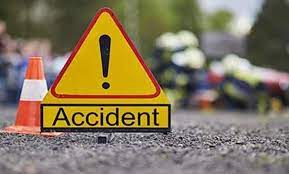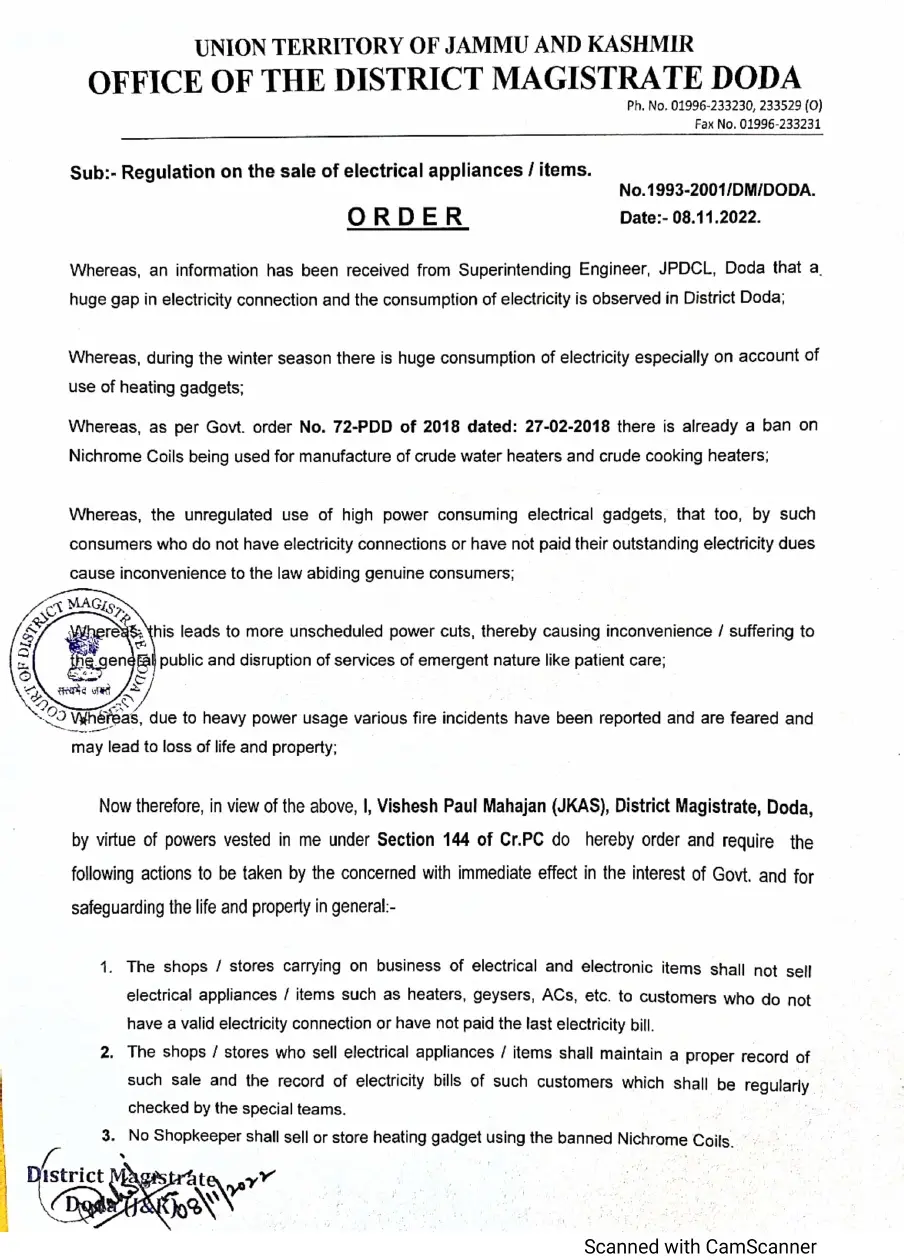Doda Road Accident: Tempo Traveller Plunges Into Gorge, Multiple Feared Dead in J&K
By: Javid Amin | Srinagar | 15 July 2025
A Fatal Fall in Ponda: What Happened in Doda?
On the morning of July 15, 2025, tragedy struck on the Doda-Barath road, a notoriously treacherous stretch carved through the mountainous terrain of Jammu & Kashmir’s Doda district. A Tempo Traveller, bearing registration JK06-4847, reportedly skidded off the road and fell into a deep gorge near Ponda village, a remote area known for its winding roads and limited infrastructure.
The vehicle was carrying multiple passengers, though the exact number remains unconfirmed as rescue operations continue. Early reports suggest numerous fatalities and injuries, making it one of the deadliest accidents in the district this year.
Rescue Efforts: A Race Against Time
Within minutes of the crash, local police, emergency responders, and community volunteers rushed to the scene. Rescue operations were hampered by:
- Steep terrain and loose soil, making descent into the gorge perilous
- Unstable weather, with low visibility and threat of landslides
- Lack of specialized rescue infrastructure (e.g., cranes, harnesses) in the vicinity
Despite these challenges, rescuers managed to retrieve several injured passengers, who were rushed to nearby GMC Doda Hospital and District Medical Centres. Helicopter assistance has been requested for critical cases, pending official clearance.
Climate & Terrain: A Deadly Combination
The geography of Doda district, part of the lesser Himalayas, has long posed challenges to commuters and authorities alike. Narrow roads often wind around cliffs with no guardrails, and any deviation by the driver—even by inches—can prove fatal.
At the time of the accident, Doda was under dense cloud cover, with visibility dropping to less than 1 kilometer. Humidity levels hovered around 55%, and the temperature remained at 29°C, creating slippery conditions on asphalt and gravel roads.
According to meteorologists, this is the third major weather-linked accident in the region this monsoon season.
Why Doda Is a Hotspot for Fatal Accidents
Doda district, along with neighboring Ramban, Kishtwar, and Reasi, records some of the highest road accident rates in northern India. Several contributing factors include:
Infrastructure Deficiencies:
- No permanent medians or shoulder buffers
- Missing road barriers and crash guards
- Weak bridge structures and fading road signs
Transport & Vehicle Vulnerabilities:
- Overloaded vehicles on narrow roads
- Untrained or fatigued drivers in high-risk zones
- Poor vehicle maintenance due to unregulated fleets
Administrative Challenges:
- Inadequate road safety audits
- Lack of GPS-based risk tracking
- Delayed emergency response mechanisms
“We keep reporting these hazards, but unless someone dies, no one acts,” said a local transport union leader.
Public Reaction: Grief, Anger & Demands for Accountability
As images and news of the crash began circulating online, residents, local leaders, and citizens from across J&K took to social media to demand:
- A comprehensive safety overhaul of the Doda-Barath road
- Installation of guardrails, rumble strips, and CCTV cameras
- Speed monitoring check posts and radar stations
- Immediate release of compensation packages for victims’ families
The District Commissioner’s Office, while confirming preliminary rescue reports, declined to specify the number of casualties until the operation concludes.
“Our teams are on the ground. Full report will be shared soon. We ask for patience and prayers.” — Doda DM Statement
Who Were the Victims?
While identification is ongoing, reports suggest the vehicle was a shared transport service, ferrying local residents, laborers, and tourists between Doda town and Barath village.
The victims are believed to include:
- School teachers on their way to interview postings
- Laborers commuting for work under MGNREGA projects
- Domestic tourists exploring new routes before peak season
Names will be officially released after next-of-kin verification and forensic checks.
Road Fatality Data in J&K
Here’s how the situation stacks up in recent years:
| Year | Total Road Accidents (J&K) | Fatalities | Accidents in Doda District |
|---|---|---|---|
| 2022 | 6,217 | 1,082 | 373 |
| 2023 | 5,999 | 1,017 | 415 |
| 2024 | 6,309 | 1,168 | 427 |
Source: J&K Transport Department Annual Report
Doda has consistently featured among the top 5 districts for road-related deaths, prompting calls for a dedicated Hill Road Safety Policy.
What Needs to Be Done
This incident highlights the urgent need for multi-pronged intervention:
Infrastructure Upgrades:
- Reinforced retaining walls and roadside barriers
- Installation of signage at blind turns and slopes
- Use of anti-skid road materials in monsoon-prone areas
Emergency Preparedness:
- Deployment of quick-response medical units in remote pockets
- Drone-based rescue coordination for gorge recoveries
- Funding for volunteer paramedic training programs
Technology Integration:
- GPS tracking for public transport vehicles
- AI-assisted terrain risk alerts linked to driver dashboards
- Integration with IMD forecasts for real-time road closures
Voices from the Ground
“Our roads don’t forgive mistakes. My brother was in that van. I just want to know why the route was cleared during low visibility.” — Survivor’s kin, Ponda
“This isn’t nature’s fault. It’s man-made negligence. The same turn has claimed lives before.” — Local resident
“Why is there no trauma center in upper Doda? People die before they reach any hospital.” — Ambulance operator
The anguish is raw, and the demands are clear: accountability, infrastructure, and empathy.
Conclusion: More Than a Tragedy—A Call to Action
This isn’t just an accident—it’s a wake-up call for a region that deserves safer journeys, stronger roads, and faster responses. The Ponda Doda Tempo Traveller crash is a tragic echo of many similar stories from across the hilly districts of J&K.
As rescue operations continue, and victims are mourned, the responsibility lies with governance, civil society, and local administration to ensure that such incidents aren’t repeated.
Let this be the moment when sorrow fuels systemic change.


